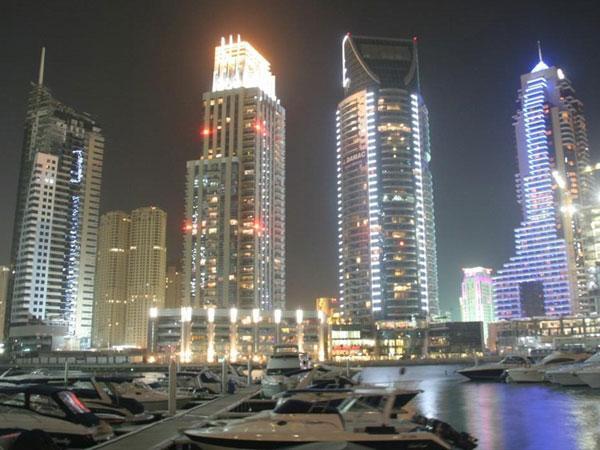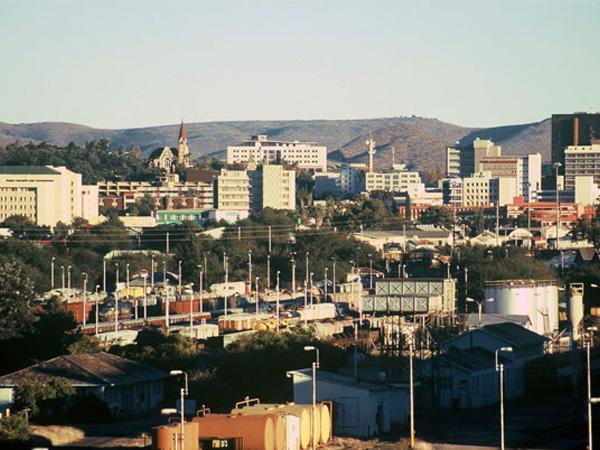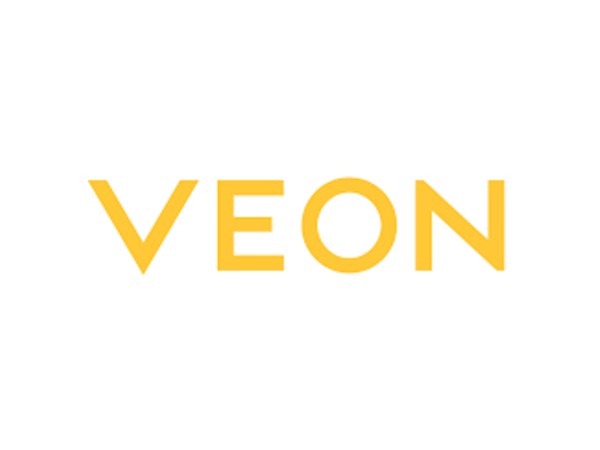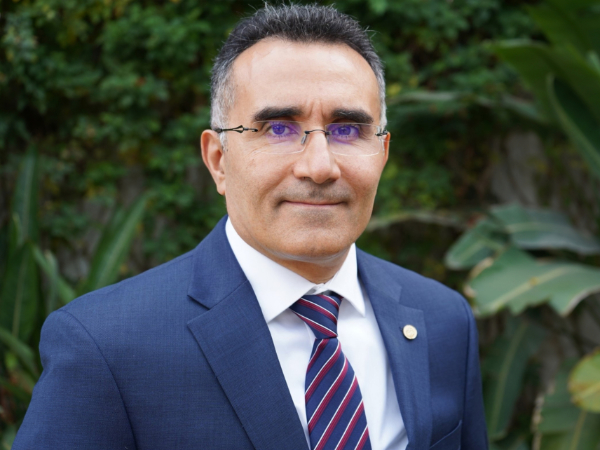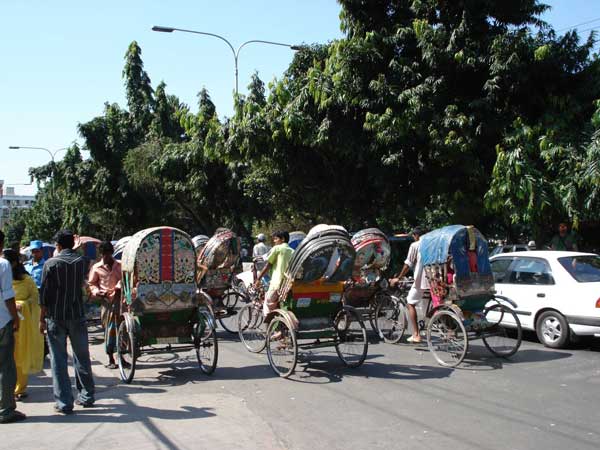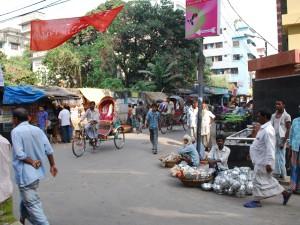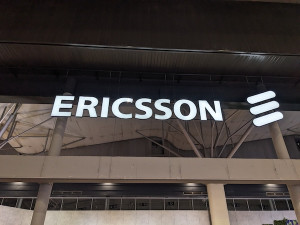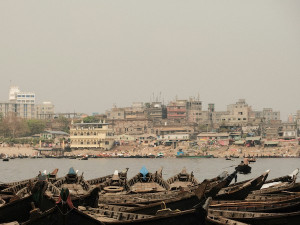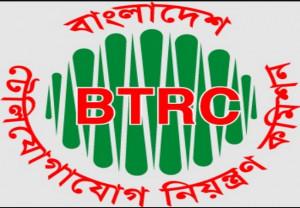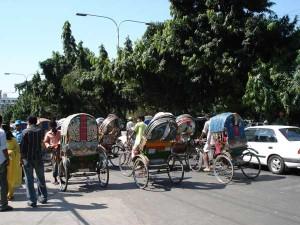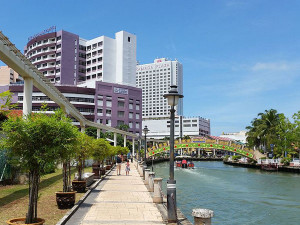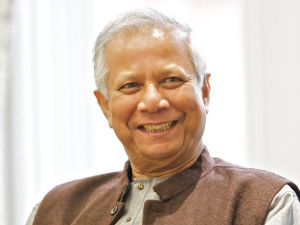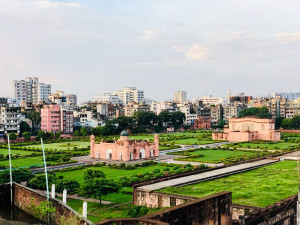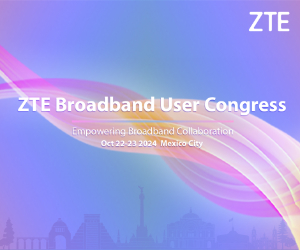Internet shutdowns are described as a “common tactic” used by government to supress dissent, according to the World Economic Forum. This is increasingly an unacceptable reality given that connectivity is now so ingrained in the majority of economies that any such disruption can have a massive impact to GDP and society as a whole.
This year has been labelled a ‘global election year’; according to King’s College London, many as 65 leaders may be electedthis calendar year. With the global political landscape shifting, organised rallies and protests are likely to occur, in line with the fundamental human right of free speech.
However, not all governments adhere to such an important mechanism for a free and prosperous society. There has been a sharp rise in internet blackouts in recent years, with 2023 the “worst year” recorded according to internet rights group Access Now.
Research from Access Now found that during 2023 there were 283 shutdowns in 39 countries, an increase of 82 from 2022 when there were 201 blackouts in 40 countries.
Conflicts were the leading driver for internet shutdowns from both democratic and authoritarian regimes to “suppress fundamental human rights,” according to Access Now.
India was the worst offender with 116 cases of shutdowns, followed by Myanmar with 37, Iran with 34. Kenya, Mozambique, Nepal, and Surinam were highlighted as notable new offenders in 2023.
Turmoil in Bangladesh
As we have reported here at Developing Telecoms, Bangladesh has been in the headlines this year as students protested a variety of issues. A lot of animosity was aimed towards the government’s recruitment criteria for highly-coveted civil servant roles: only 44% of these roles are available for general applicants, with 30% reserved for descendants and associates of the ruling Awami League party.
The government of Prime Minister Sheikh Hasina enforced a complete internet blackout on July 18th to quell protests that had turned violent. Fixed broadband was restored on July 24th followed by mobile connectivity on July 28th, but then switched off again between August 4th-5th. The Bangladesh Telecommunication Regulatory Commission said it was forced to implement the shutdown by the previous government to fulfil its political interests.
In the aftermath of the protests, Hasina fled the country, with the protesters appointing Grameen founder Muhammad Yunus as leader of the interim government
Telenor Group, which operates Bangladesh’s largest operator Grameenphone with 79 million subscribers, was of course caught up in the political turmoil.
Thomas Midteide, Telenor Group SVP of Communications told Developing Telecoms that Grameenphone’s 3G and 4G networks are back online, but noted that the group held deep concern for colleagues at its local unit, who worked to maintain voice and SMS connectivity to millions of customers during the blackout.
“Access to the internet is crucial for individuals and businesses across Bangladesh, who rely on it for fundamental day-to-day activities and access to essential services. That’s why we appealed to the government for the immediate and full restoration of mobile internet services,” added Midteide.
Veon-owned Banglalink and Robi Axiata stated they had complied with regulatory orders but stressed the impact of disruption to citizens and businesses.
An unsafe environment
Speaking to Developing Telecoms, Shruti Narayan, Access Now’s Asia Pacific Policy Fellow, described internet blackouts as a “weapon to supress people’s voices in a democracy” and created an “extremely unsafe environment” for the people of Bangladesh.
“People suffering in an internet shutdown are forced to use calling and messaging services that are not end-to-end encrypted, which makes them vulnerable to surveillance and targeted harassment. Journalists are unable to do their job safely, and people lose access to verifiable news and information.
“In this way, shutdowns aid the spread of misinformation and rumours rather than stop them. People are unable to safely share their location with loved ones or access emergency services, often in a situation of violence or under threat of violence. All of these factors have a chilling effect on people, making them less willing to mobilise and participate — a constitutional right in a democracy like Bangladesh,” said Narayan.
Diseye Isoun (pictured, below), Founder and Director of Nigerian internet service provider Content Oasis, said enforced blackouts come with technical ramifications but notably will create trust issues and brand perception challenges for providers.
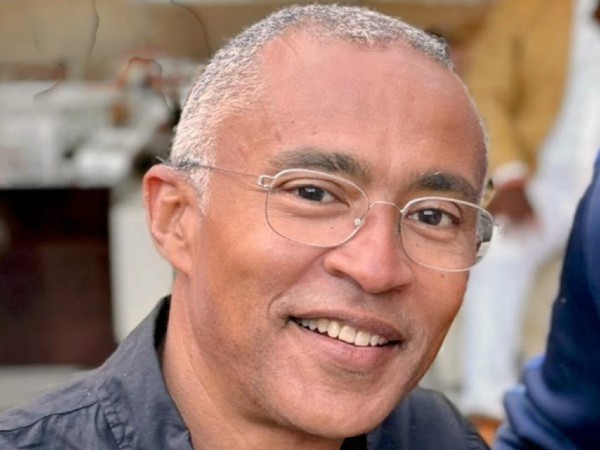
“There then becomes this suspicion from subscribers and questions from them such as are they [the government] now targeting certain areas? Is it still down even though they said it's up? It creates this unhealthy sense of doubt,” said Isoun.
“In the provision of connectivity services there’s always this struggle with the perception of your service. Customers question whether they are getting the full 100Mbps that was promised for example. Anything that sows even more seeds of doubt into the customer experience is never a good thing.”
On the technical aspects of bringing down such large swathes of connectivity, Isoun noted it is not as simple as “flipping a switch.”
“There are any number of complexities around bringing networks back up, which is usually done in stages. In a lot of instances, you have downlink and uplink providers and the last mile components. All of those things could affect the speed at which systems come back online.”
Access Now Data Analyst Zach Rosson noted that providers are being strong-armed into absorbing the financial impact that internet shutdowns have on their businesses
“ISPs, including mobile providers, also risk retribution or threats from governments if they don't comply with shutdown orders. In addition, across many countries, some of the largest or most prominent telcos are owned and operated by the government,” said Rosson.
Acknowledging such blackouts will have an effect on the bottom lines of connectivity providers, and Narayan argued they should not pass losses on to citizens suffering under such restrictive measures.
“Mobile service providers have a responsibility to not pass on economic losses to their customers, and also to publicise these losses and hold governments accountable for causing them. Legal action like lawsuits for recovery of the losses could also deter governments from imposing arbitrary, unjustified shutdowns, in a legal system which recognises the fundamental right to free speech,” said Narayan.
As well as violating human rights, shutting down the internet also hamstrung Bangladesh’s economy. According to Zaved Akhtar, president of Bangladesh-based Foreign Investors’ Chamber of Commerce and Industry, the recent internet shutdowns cost Bangladesh around US$10 billion, with the World Bank Group estimating Bangladesh’s GDP at US$437.42 billion in 2023.
Bloomberg quoted Akhtar as saying that when mobile connectivity was restored, the country was operating at half its economic potential because of the disruption as it recovered from the blackouts.
“Just from this shutdown, initial reports indicate massive losses to Bangladeshi industries dependent on connectivity to work — the business process outsourcing industry, call centres, small businesses, and freelancers,” said Narayan.
“Reports also indicate that people have been unable to use online apps for essential services like food and gas. Sustained internet censorship and repeated shutdowns would permanently hinder the ability of people in Bangladesh to carry on their businesses, potentially force people out of jobs, and have a devastating impact on the socio-economic conditions.”
Rosson added: “Internet shutdowns violate people’s rights to free speech, protest, and assembly, inhibit people from sharing and receiving information, and block people from conducting business or accessing healthcare and education. In times of crises, when people are most in need of information, shutdowns plunge lives into disarray and confusion. From Myanmar to Palestine, the internet is essential for people to protect their and their loved ones' lives.”
It is clear that connectivity has become an integral cog in emerging economies, and any spanners in the works can have a detrimental effect on citizens both socially and financially.
Rosson said: “Authorities must follow the principles of necessity and proportionality when making any decision affecting the general public. Internet shutdowns are disproportionate measures that harm people’s most fundamental rights and are not supported by any evidence to be helpful in managing security concerns or public order.”
It is alarming that governments continue to weaponise technology intended to help to unshackle those at the bottom end of society. Whether on the picket line or via a social media post, freedom of expression is a vital tool in helping to hold elected officials to account when governments continue to use this ‘common tactic', we must ask why they wish to avoid accountability.

